In the vast and varied landscape of American agriculture, drones have become indispensable tools, revolutionizing the way farmers monitor crop health, manage resources, and maximize yields. Among these, DJI drones, manufactured by the Chinese tech giant Da Jiang Innovations, have emerged as the leader, capturing approximately 70% of the global commercial drone market. However, despite their widespread adoption and undeniable benefits, DJI drones have been the subject of intense scrutiny and fear-mongering, accused of posing a threat to national and data security. It’s time to take a step back, critically assess the validity of these claims as reported by AG Web, and separate fact from fiction.
Demystifying the Data Security Debate
At the heart of the controversy surrounding Chinese-made drones is the fear that sensitive data collected over American farms could be accessed by the Chinese government, thereby compromising national security. Critics point to China’s National Intelligence Law of 2017, among other legislation, as evidence that companies like DJI could be compelled to cooperate with Chinese intelligence services. However, this argument overlooks a crucial point: there is no hard evidence to suggest that DJI or any Chinese drone manufacturer has ever engaged in such activities.
Scott Parker, the chief of UAS security for the Cyber and Infrastructure Agency (CISA), and other U.S. officials have voiced concerns about the potential risks associated with Chinese-manufactured drones. Yet, these concerns have not been substantiated by concrete examples of data misuse. It’s essential to question why, in the absence of definitive proof, the narrative continues to be driven by speculation rather than fact.
The Impact of Fear-Mongering
The ongoing fear-mongering has tangible consequences, threatening to push DJI and other Chinese drone makers out of the U.S. market. This not only undermines a leading innovator in Drone Technology but also limits options for American farmers, who benefit significantly from the advanced features and cost-effectiveness of DJI drones. The narrative, fueled by unfounded fears, risks stifling innovation and competition, ultimately hindering the agricultural sector’s ability to adopt the most effective technologies available.
Furthermore, the push to exclude DJI from the U.S. market overlooks the company’s efforts to address Data Security concerns. DJI has implemented measures such as local data mode, which prevents data from being transmitted over the internet, has undergone third-party audits, and complies with international cybersecurity standards. These actions demonstrate a commitment to user privacy and data security that should not be dismissed lightly.
Advocating for a Balanced Approach
Rather than succumbing to fear and protectionism, a more balanced approach is needed. This involves recognizing the importance of cybersecurity while also acknowledging the benefits that DJI drones bring to American agriculture. It requires a commitment to evidence-based policy-making, where restrictions on technology are grounded in solid proof of misconduct rather than hypothetical risks.
Engaging in constructive dialogue with Chinese manufacturers, setting clear data security standards, and encouraging transparency can enhance TRUST without resorting to blanket bans. Such measures would not only safeguard national security interests but also ensure that American farmers continue to have access to the best tools for sustainable and efficient agriculture.
The narrative surrounding Chinese-made DJI drones in American agriculture has been dominated by fear-mongering and speculation, lacking a firm foundation in evidence. It is time to shift the focus towards a more rational and balanced discussion that weighs the actual risks against the proven benefits of these drones. By doing so, we can foster an environment that encourages innovation, supports American agriculture, and upholds data security without succumbing to unfounded fears.
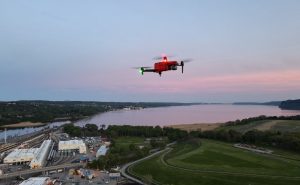
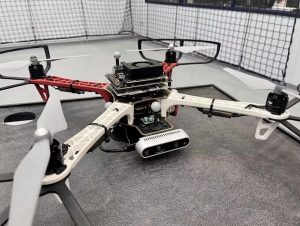

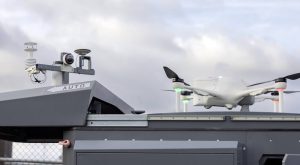




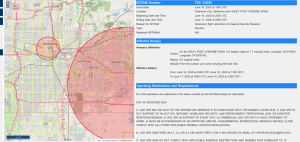
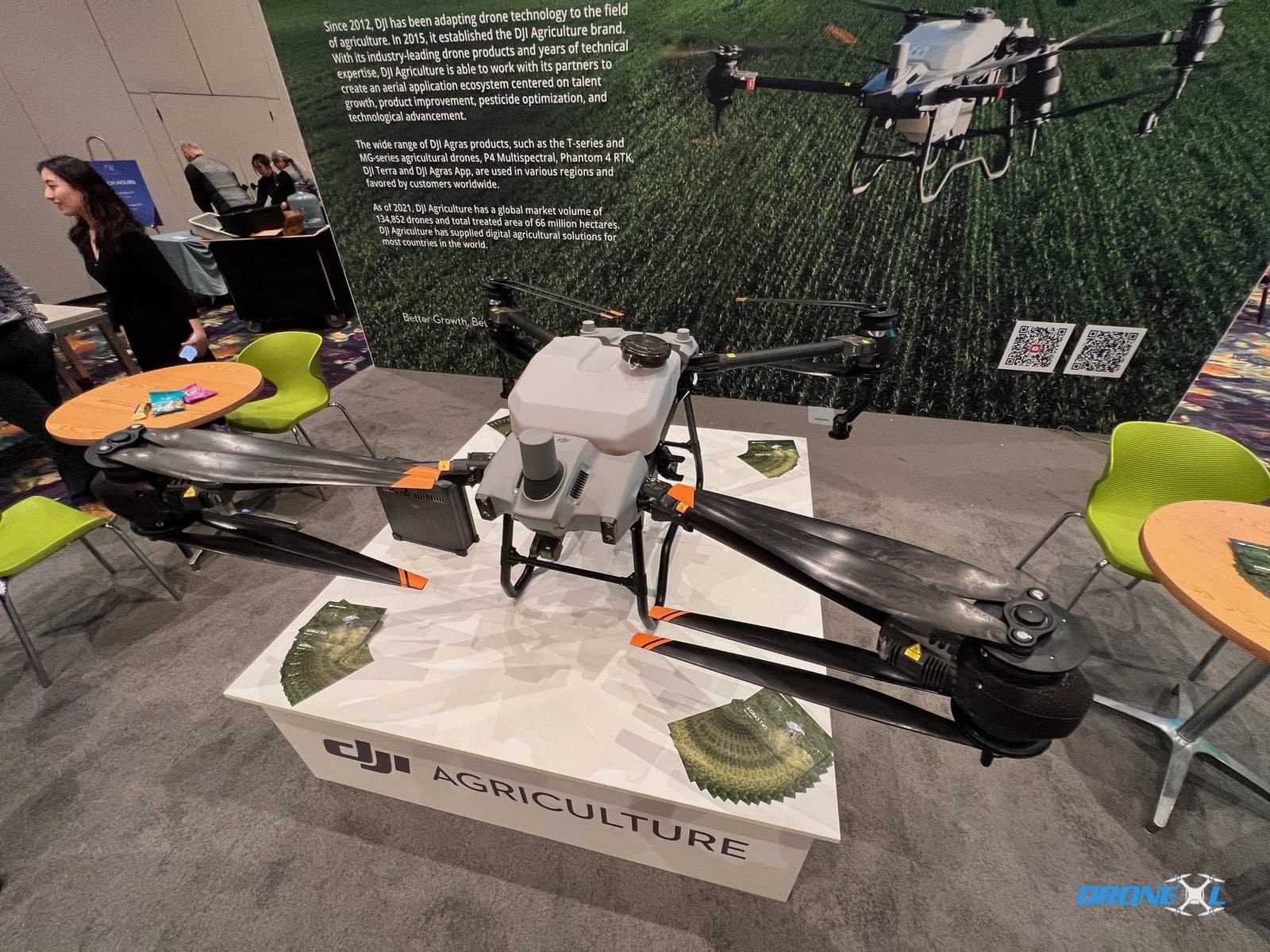


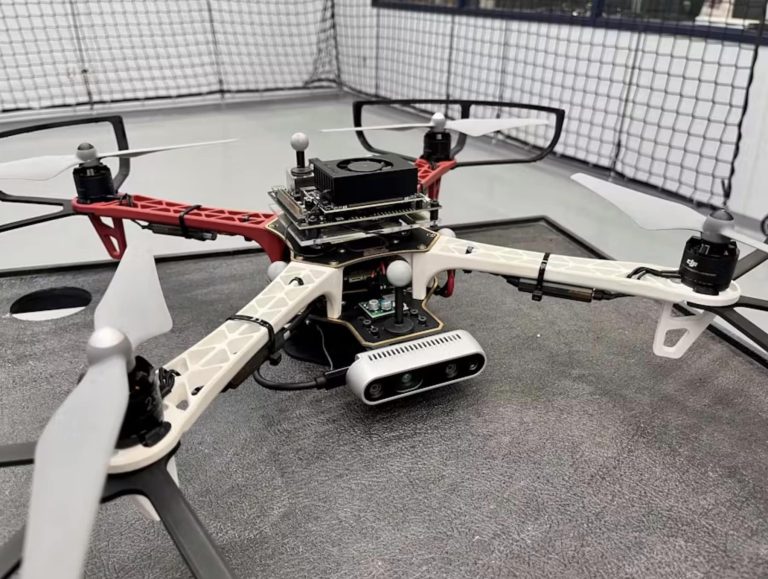



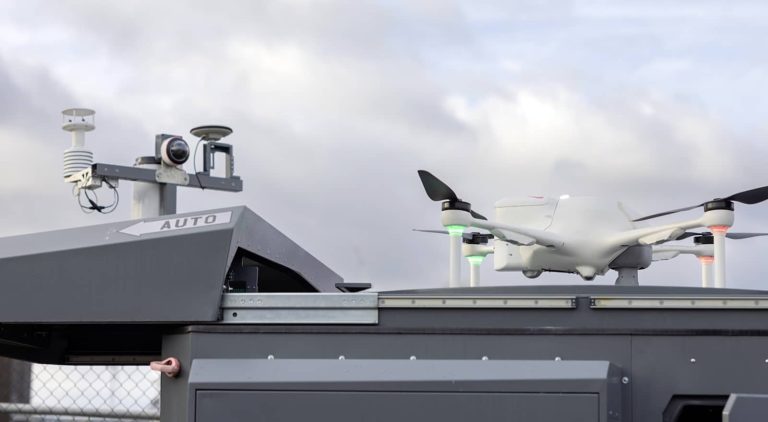


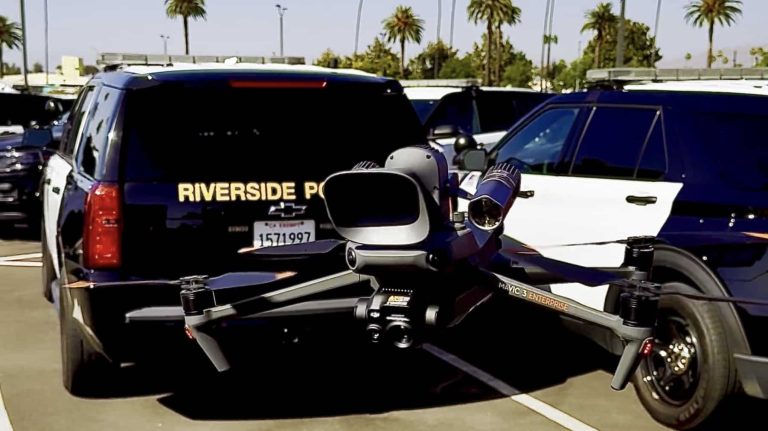

+ There are no comments
Add yours